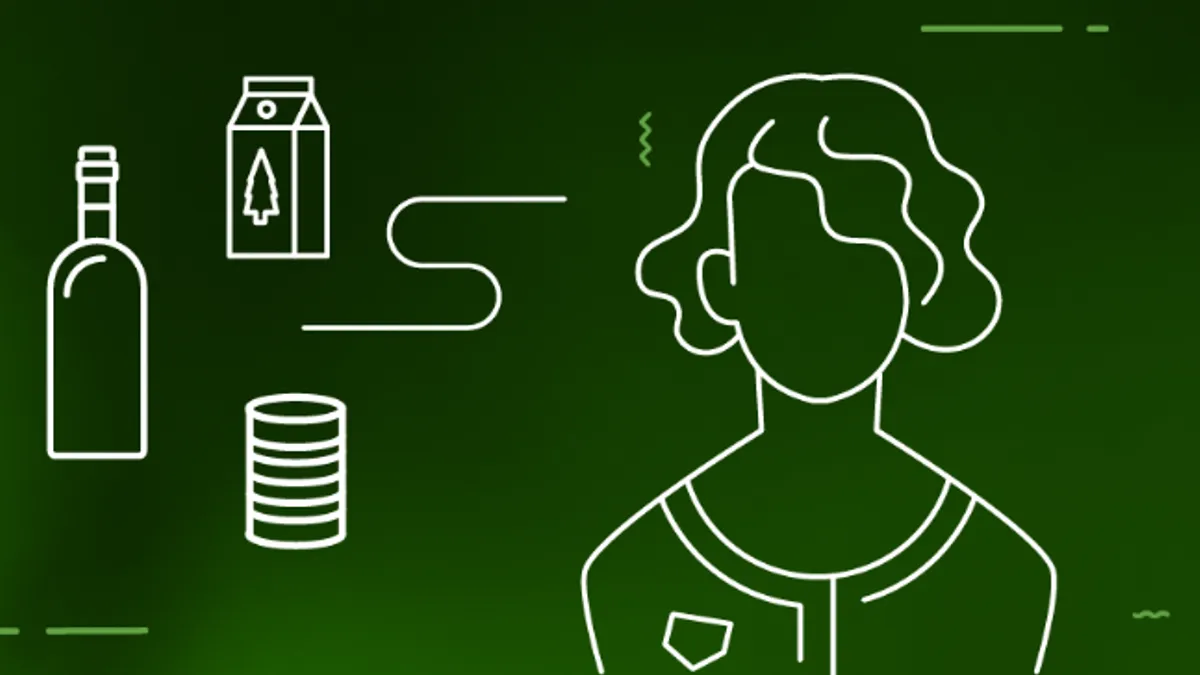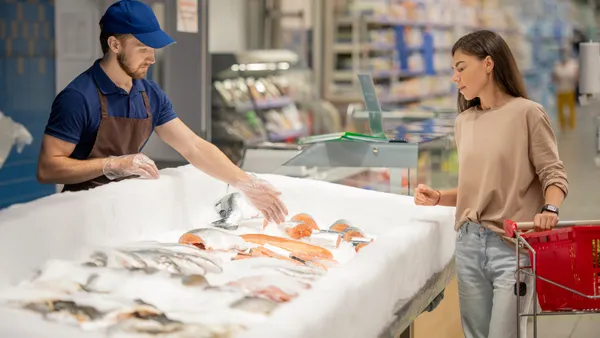Millennials are regarded as one of the most opinionated consumer generations yet. For those reasons, the findings of EcoFocus Worldwide's 2019 US Trends Survey are important in offering a unique glimpse into what these consumers feel. Compared to older age groups, millennials have significantly higher and more pressing concerns about the protection of natural resources, the use of renewable materials, and the practice of sustainable forestry. These are all issues that are changing how millennials think about sustainable food and beverage packaging.
The EcoFocus Trends Survey identified five keys to understanding what millennials say when they talk about sustainable packaging. They say:
- A healthier planet means a healthier me
- Healthier food & beverages are even healthier in sustainable packaging
- Foods and beverages should come in packaging that supports sustainable practices
- Brand owners will build trust by acting more responsibly towards the environment
- It is worth paying more for sustainable packaging
For a complete look at these five elements view the whitepaper, “2020 Food and Beverage Sustainable Packaging Trends”.
The EcoFocus Trends Survey shows a strong belief among US adults that a healthier planet means a healthier me, with millennials being the generation who feels this most strongly. More than three out of four millennials agree or strongly agree that better personal health is a big benefit of an eco-friendly lifestyle, compared to 69% of baby boomers.
This generation is particularly sensitized to the reality of climate change. Compared to older generations, millennials are significantly more likely to be extremely concerned about the threat of climate change – at 43% compared to 32% of baby boomers.
They want retailers to be selective about what is on the store shelf and to offer a greater variety of favorite foods and beverages in sustainable packaging.
More than any prior generation, millennials are becoming more informed about the differences between packaging that is recyclable, made with recycled materials, made with renewable materials, biodegradable, compostable, and plant-based. And they are the most likely age group to support packaging that aligns with their values.
Millennials are recognizing that just because something is recyclable does not mean it is sustainable. The EcoFocus Trends research suggests that millennials will lead the demand for recyclable or compostable packaging made with renewable materials, packaging practices that renew or protect natural resources, and production practices that are regenerative and sustainable.
74% of millennials who are aware of the SFI (Sustainable Forestry Initiative) label say it is a positive influence when they are making product decisions, compared with 62% of boomers. Millennials, more than any other generation, say it is extremely or very important to support sustainable forestry. Nearly 70% of millennials agree or strongly agree that by choosing paper packaging, they help to support sustainable forestry.
Millennials see value in doing business with companies that share their priorities and who are helping them to have choices that align to those priorities. The research shows that 64% of millennials say that "to them it is worth paying more for ecofriendly products," compared to just 38% of baby boomers. Retailers need to help millennials find what they desire.
The millennial generation has a focus and intensity for sustainability that creates great innovation and communication opportunity for retailers. For those who make it easier for millennials to both understand their company commitments to sustainable practices, and to find the products they want in the packaging they want, the rewards of store loyalty should be long-lasting.
Download the whitepaper, “2020 Food and Beverage Sustainable Packaging Trends” from Evergreen Packaging, to learn more.
----
Evergreen Packaging makes and supplies paper and paperboard products globally, including gable top cartons. Fiber used in Evergreen Packaging products comes from forests in the US where responsible forestry practices are used and where overall growth exceeds harvest. Evergreen Packaging cartons contain protective layers of plastic (including cap and spout). The data presented here is not intended to suggest that Evergreen Packaging products have all attributes discussed in this piece. This publication presents data on consumer perceptions because consumer perceptions matter when shoppers choose which products to purchase.
The EcoFocus Trends Survey is an annual tracking study conducted since 2010, examining wellness and sustainability trends impacting the food and beverage industry. The study is conducted online annually among 4,000 adults. The data is nationally projectable to the US adult population ages 18 to 65 years with a margin of error of +/- 1.55 points in 2019










